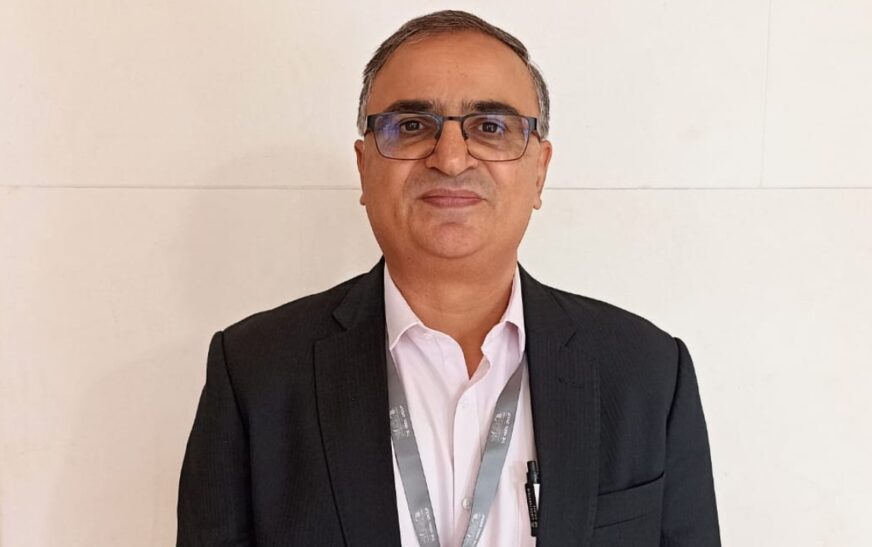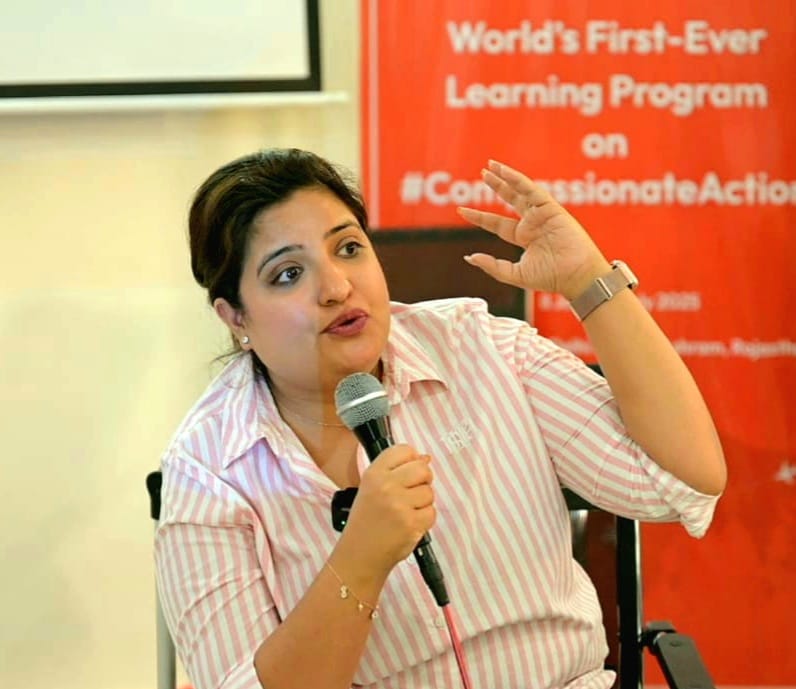The Federation of Seed Industry of India (FSII), a leading association with 50 R&D-driven plant science industry members, stands at the forefront of advancing India’s agricultural sector. Its members focus on delivering premium seeds for food, feed, and fiber, empowering farmers across the nation. With a mission to boost agricultural productivity, FSII leverages cutting-edge breeding applications and advanced seed technologies. These innovations enable farmers to embrace sustainable farming practices while minimizing pre- and post-harvest losses.
Affiliated with global organizations like the International Seed Federation (ISF) and the Asia and Pacific Seed Association (APSA), FSII aligns itself with international best practices in the seed industry. Its vision emphasizes driving investment in seed research among its members, fostering the development of innovative products, and significantly enhancing farm productivity. By collaborating closely with Indian farmers, FSII actively contributes to the ambitious goal of doubling farmers’ incomes.
FSII’s scope spans diverse domains, including rice, cotton, corn, vegetables, intellectual property rights, seed regulations, government affairs, and biotechnology. Through these efforts, the organization champions innovation, supports sustainable practices, and uplifts farmers’ livelihoods nationwide.
At the Agri & Commodity Summit 2025, hosted by The Hindu Group, Ajai Rana, Chairman of FSII and CEO and MD of Savannah Seeds, shared exclusive insights with The Interview World. He detailed how climate-resilient seeds are revolutionizing Indian agriculture, helping farmers enhance yields while mitigating climate change’s impact. Rana also highlighted FSII’s seamless process for transitioning seeds from labs to fields and showcased the range of hybrid seeds developed by its members. Furthermore, he offered a glimpse into the next generation of innovative seeds poised for development over the next 5 to 10 years, emphasizing their utility in both domestic and international markets.
Here are the most compelling takeaways from this enlightening conversation.
Q: How is FSII contributing to the development and dissemination of climate-resilient seeds to help Indian farmers enhance yields and tackle the challenges posed by climate change?
A: FSII, a federation of 50 leading seed companies, drives innovation through seed R&D, with a primary focus on developing climate-resilient crops. Our efforts concentrate on hybrid seeds, a proven transformational technology that outperforms conventional seeds, particularly under stress conditions. Climate change has made monsoon patterns increasingly unpredictable, leading to moisture stress—one of the most pressing challenges for agriculture.
Hybrids have consistently demonstrated superior performance in such conditions. For instance, hybrid maize has achieved remarkable success in rain-fed regions like Karnataka, Telangana, and Maharashtra. Similarly, we are advancing hybrid rice varieties tailored for both rain-fed and irrigated areas. In the context of climate change, reducing crop duration is another critical priority.
To address this, we are developing shorter-duration varieties and hybrids, which play a vital role in mitigating the impacts of climate change while enhancing agricultural productivity.
Q: What measures does FSII take to ensure a seamless transition of seeds developed by its member organizations from the laboratory to the field, benefiting farmers effectively?
A: FSII member companies operate a vast and robust extension network, supported by a well-established dealer system. Our members collaborate with nearly 5 lakh dealers nationwide, ensuring an extensive reach. Additionally, our team includes approximately 2 lakh extension staff who work directly at the grassroots level in villages.
With India comprising 7,50,000 villages, our representatives and extension officers effectively cover almost every corner of the country. This widespread presence enables us to deliver advanced agricultural solutions and support farmers across diverse regions with precision and efficiency.
Q: Can you provide insights into the range of hybrid seeds developed by FSII member companies and their impact on agricultural productivity?
A: I will highlight the contributions of FSII member companies across various crops. In cotton, nearly 99% of the crop is hybrid, with our members accounting for approximately 70% of this hybrid production. However, in rice, hybrids still represent a smaller proportion—around 10%—but our members cover 70% of this segment as well. In maize, hybrids make up about 80%, with our member companies controlling almost 90% of this market.
Similarly, in vegetables such as chili, tomato, pepper, and brinjal, hybrids are now widely adopted. FSII member companies contribute around 75% to 80% of the hybrid varieties in these crops.
While wheat and mustard have only recently become a focus for our member companies, we are making significant strides. In mustard, approximately 30% of the cultivated area now uses hybrid varieties, with our members contributing nearly 90% of this hybrid production. Additionally, we are actively working on developing hybrids for millet and sorghum.
This ongoing commitment across a wide range of crops demonstrates our members’ leadership in advancing hybrid seed technologies to enhance agricultural productivity and sustainability.
Q: What types of new seeds are FSII and its member companies planning to develop and introduce to the farming community over the next 5 to 10 years?
A: Our focus over the next 5 to 10 years centers on two key areas. First, we address the three primary types of stress that crops face. The first is moisture stress. To tackle this, we are releasing new varieties and hybrids that exhibit superior moisture stress tolerance.
Second, we are tackling insect-related challenges. In rice, for example, the major threat comes from the brown planthopper (BPH). Our member companies are developing rice hybrids that are specifically tolerant to BPH. In cotton, the issue has shifted from heliothis to the more pressing threat of pink bollworm. Some of our large Indian member companies are actively working on developing pink bollworm-resistant hybrids.
Overall, there is a strong emphasis on developing seed varieties that are not only climate-resilient but also resistant to insects and diseases.
Q: Are FSII member companies actively involved in marketing their seeds to international markets as well?
A: Yes, our member companies are expanding into Africa. For instance, Mahyco has established operations there. Similarly, Rasi Seeds, through their vegetable division, Essence, has launched a new unit in Africa.
Looking ahead, India has the potential to become the global hub for the seed industry. Currently, we export hybrid seeds from India to countries such as Bangladesh, the Philippines, and Vietnam. The global seed industry is valued at approximately $60 billion, with India contributing just around $4.5 billion—less than 10%. However, over the next two decades, we aim to increase India’s share to 20% of the global seed market.









